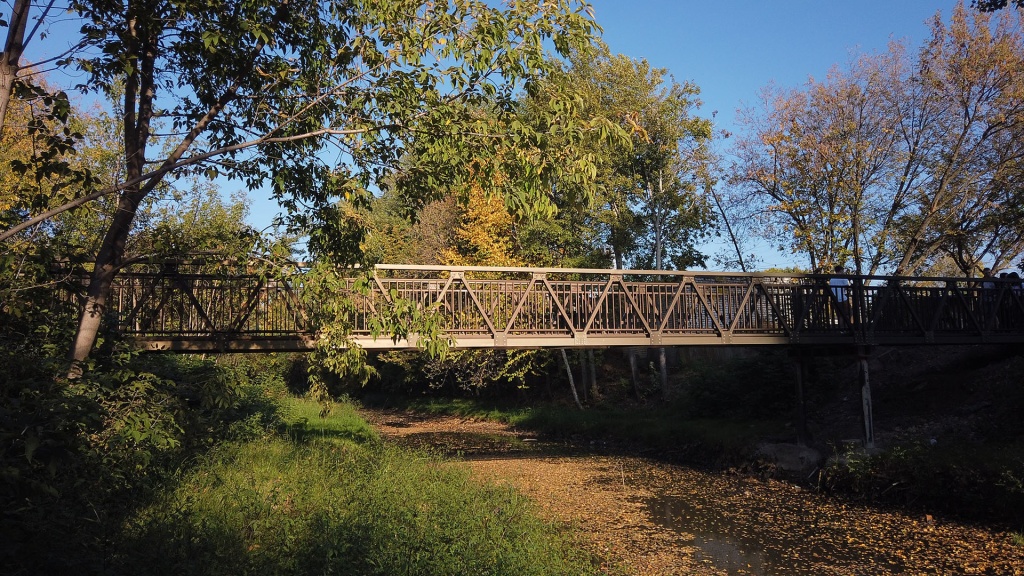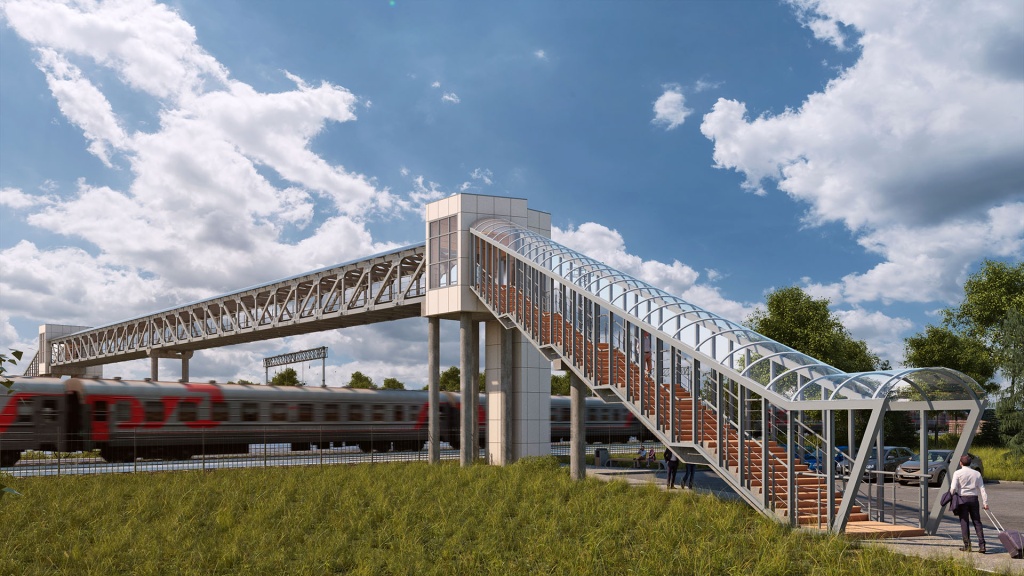13.04.2024 - Aluminium Association
The development of infrastructure projects, including the construction of the high-speed railway between Moscow and Saint Petersburg, will be possible with the use of advanced Russian-made aluminium solutions and materials. Evgeny Vasiliev, Director of Market Development at UC RUSAL, expressed this opinion during a partnership meeting with representatives of the Innovative Development Centre of the Russian Railways. He highlighted that the sector possesses all the necessary resources to execute joint projects with Russian Railways. These range from products for enhancing the infrastructure of train stations and squares to solutions for localising components of high-speed trains.
During the event, attended by representatives from ASI, Russian Railways, industry and business organisations, Evgeny Vasiliev highlighted that the aluminium industry is capable of addressing important and strategic projects. Moreover, it offers innovative solutions that are unparalleled in the international market. For instance, a road bridge made of aluminium alloys opened for traffic in the Nizhny Novgorod region at the end of 2023 is the first such project in Eastern Europe. The industry has also successfully developed the manufacturing of aluminium bridge kits. These are pre-fabricated bridges that are delivered to the construction site in a mostly assembled state. The light weight of the aluminium alloy allows for the transportation of these structures using light cargo vehicles. Highly skilled installation experts are not needed to assemble the bridge at the site where it will be installed. A light crane can handle the installation of the structure. At the same time, transportation of elements, assembly, and installation of a bridge kit can be done even in tight spaces of densely developed areas. The kit consists of elements made of aluminium extrusions. To prevent the formation of a voltaic couple, they are connected using bolts made of stainless steel. Along with the bridge, the foundation elements in the form of helical piles are supplied. The design features of the bridge kit make its installation a quick affair. The parts are ready-to-assemble, which means they don't need any additional mechanical work. This allows the bridge to be assembled like a construction toy, in just one day.

Aluminium Alloy Bridge Kit in Nizhny Novgorod
Evgeny Vasiliev added that aluminium solutions have a number of advantages over their counterparts. These are not only durability (the service life of many products starts from 50 years and more) but also environmental friendliness, both during construction and during subsequent use. For example, bridge kits don't need any special maintenance during operation. They don't corrode, and when the structure is no longer in use, it can be sent for recycling, which helps recoup some of the initial costs.
With the support of the Aluminium Association, the first pedestrian crossing in Russia made of aluminium alloys has been installed over the tracks of the Trans-Siberian Railway in Krasnoyarsk. Construction of pedestrian crosswalks at the Uzlovaya-1 station (Tula region) and in Kemerovo is underway. Noise screens made of aluminium alloys are already installed on railway tracks in various regions, including the Arkhangelsk Region, Krasnodar Territory, the Ryazan, Sverdlovsk, and Yaroslavl regions, the Republic of Tatarstan, as well as on facilities of the North Caucasus Railway.

Model of a crosswalk at the Uzlovaya-1 station (Tula region)
'Thanks to its strong scientific and technical potential, Russia's aluminium industry has the expertise to create high-tech products that meet the highest global standards. Cooperation with Russian Railways in the implementation of infrastructure projects will enhance the competencies of Russian companies. We will also improve passenger comfort and safety by offering modern and high-quality solutions.,' said Evgeny Vasilyev.
Reference:
The Innovative Development Centre, a branch of the Russian Railways, was established to organise innovation activities and create an innovation system within the company and its branches. This system aims to introduce up-to-date solutions and technologies in railway transport based on the latest scientific and technological advancements. The IDC also seeks to utilise and commercialise the results of intellectual activity created at the company's expense. The main objectives of the centre are to develop a unified corporate policy for innovation and to manage innovations at all stages of their life cycle. Another key objective is to create a cohesive policy for protecting the rights to the results of intellectual activity and managing intellectual property to safeguard the economic interests of Russian Railways JSC.

